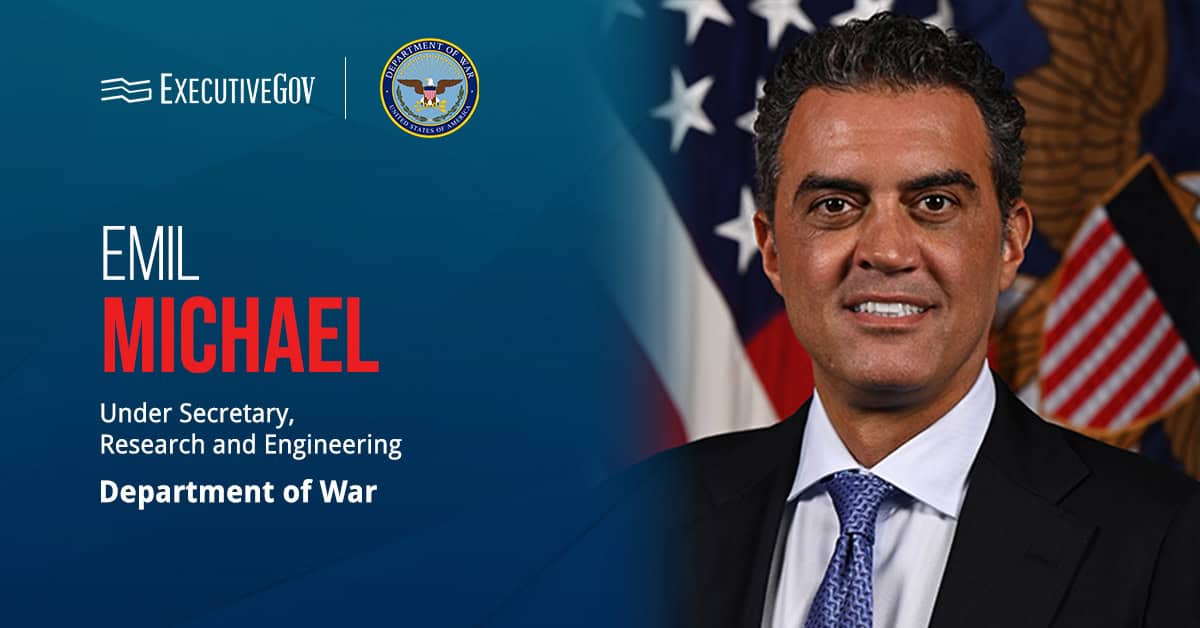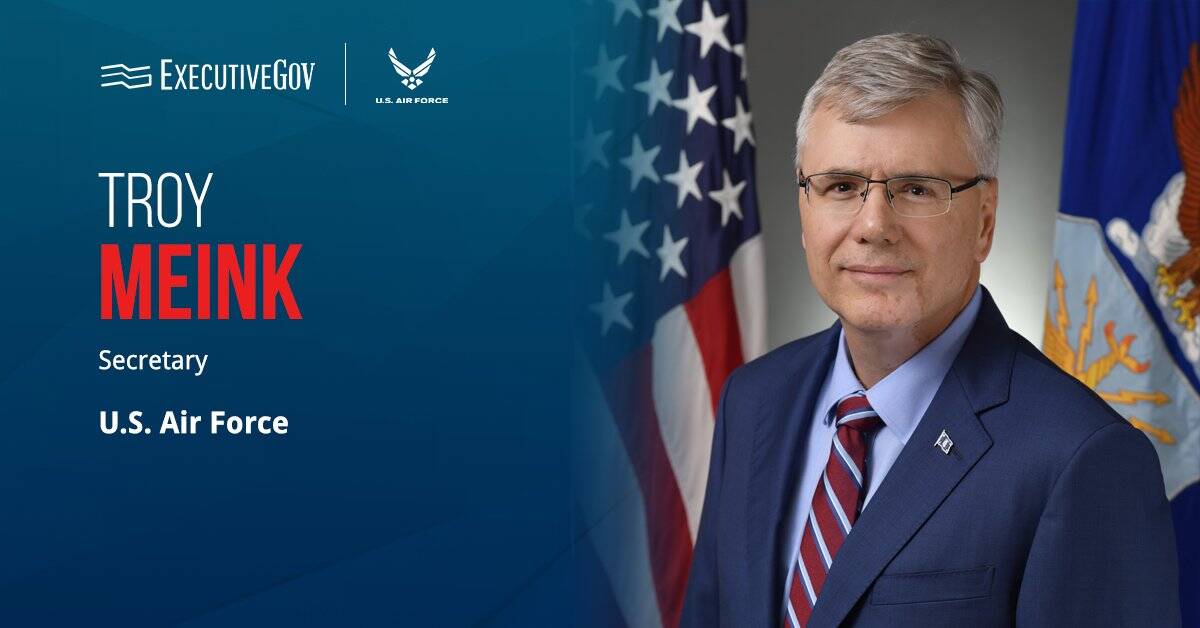The Department of Energy’s (DOE) Argonne National Laboratory (ANL) has used artificial intelligence with new computing technology to accelerate COVID-19 research.
Argonne said Wednesday it searched across small molecules to identify potential drug candidates with the help of new hardware, which reduced the search into minutes. Researchers compute how well an antiviral molecule binds to viral proteins present in the SARS-CoV-2 proteins.
DOE supercomputers, including Argonne’s Theta, process data on the small molecules then produce binding scores that researchers use to train AI algorithms for identifying which molecules have the lowest binding energies.
“With AI, we went from doing one compound per second to 1,000 compounds per second and ultimately to 50,000 compounds per second,” said Hyunseung “Harry” Yoo, a computational scientist at Argonne.





